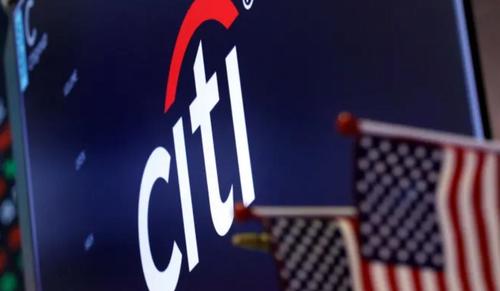Biggest Players In The Short-Selling Game Are Getting A Pass
ERIK SCHATZKER, BRANDON KOCHKODIN, 10 March 2021
It’s in the air again, on Reddit, in Congress, in the C-suite: Hedge funds that get rich off short-selling are the enemy. The odd thing is, the biggest players in the game are getting a pass.
Those would be the asset managers, pension plans and sovereign wealth funds that provide the vast majority of securities used to take bearish positions. Without the likes of BlackRock Inc. and State Street Corp., the California Public Employees’ Retirement System and the Kuwait Investment Authority filling such an elemental role, investors such as Gabe Plotkin, whose Melvin Capital Management became a piñata for day traders in the GameStop Corp. saga, wouldn’t have shares to sell short.
“Anytime we short a stock, we locate a borrow,” Plotkin said Feb. 18 at the House Financial Services Committee hearing on the GameStop short squeeze.
“Anytime we short a stock, we locate a borrow,” Plotkin said Feb. 18 at the House Financial Services Committee hearing on the GameStop short squeeze.
There’s plenty to choose from. As of mid-2020, some $24 trillion of stocks and bonds were available for such borrowing, with $1.2 trillion in shares—equal to a third of all hedge-fund assets—actually out on loan, according to the International Securities Lending Association.
It’s a situation that on the surface defies logic. Given the popular belief that short sellers create unjustified losses in some stocks, why would shareholders want to supply the ammunition for attacks against their investments? The explanation is fairly straight forward: By loaning out securities for a small fee plus interest, they can generate extra income that boosts returns. That’s key in an industry where fund managers are paid to beat benchmarks and especially valuable in a world of low yields.
The trade-off is simple: For investors with large, diversified portfolios, a single stock plummeting under the weight of a short-selling campaign has little impact over the long run. And in the nearer term, the greater the number of aggregate bets against a stock—the so-called short interest—the higher the fee a lender can charge.
Read Full Article

 U.S. prosecutors came up short in their bid to seize some $330 million in assets held in escrow by Clyde & Co. that are allegedly connected to embezzled 1Malaysia Development Berhad funds when a California judge ruled that the government had not sufficiently shown how the money was tied to the alleged scheme.
U.S. prosecutors came up short in their bid to seize some $330 million in assets held in escrow by Clyde & Co. that are allegedly connected to embezzled 1Malaysia Development Berhad funds when a California judge ruled that the government had not sufficiently shown how the money was tied to the alleged scheme. Telecommunications companies are in the crosshairs of hackers around the world, and it’s a problem that everyone should be concerned about. Nearly everyone has an account with a telco, and those accounts can be gateways into your bank accounts, investments, digital currencies and other high-value targets.
Telecommunications companies are in the crosshairs of hackers around the world, and it’s a problem that everyone should be concerned about. Nearly everyone has an account with a telco, and those accounts can be gateways into your bank accounts, investments, digital currencies and other high-value targets. After a court battle that dragged on for more than a year, a New York judge shocked the investment banking community last month when they ruled that a group of Revlon creditors could keep some $500MM that they refused to return to Citi after some $900MM was accidentally transferred in what appeared to be a “fat finger”.
After a court battle that dragged on for more than a year, a New York judge shocked the investment banking community last month when they ruled that a group of Revlon creditors could keep some $500MM that they refused to return to Citi after some $900MM was accidentally transferred in what appeared to be a “fat finger”.